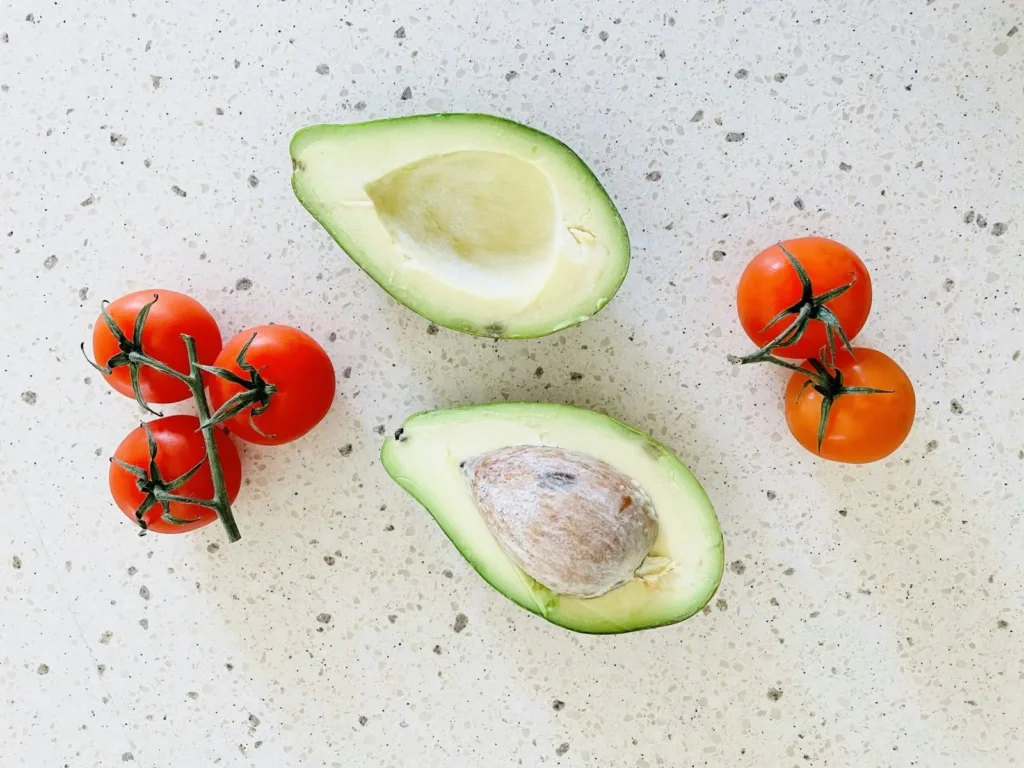Have you ever wondered how fasting fits into popular dietary approaches, like the Mediterranean diet? It seems that people are increasingly interested in not just what they eat, but also when they eat.
What is the Mediterranean Diet?
The Mediterranean diet is inspired by the traditional eating habits of countries bordering the Mediterranean Sea, including Greece, Italy, and Spain. This diet emphasizes whole foods, healthy fats, and a balanced approach to eating. You’ll often find plenty of fruits, vegetables, whole grains, fish, and olive oil on your plate, while red meat and processed foods are kept to a minimum.
One of the diet’s core principles is that food should be enjoyed in a social context. Meals are often shared with family and friends, promoting not just health, but happiness too. This way of eating recognizes the importance of not just what you eat, but also how you eat.
Understanding Fasting
Fasting involves voluntarily abstaining from food and, in some cases, drink for a designated period. It’s not just a new trend; it has roots in ancient cultures and religions. You might have heard of various forms of fasting, including intermittent fasting, where eating is restricted to certain hours, or prolonged fasting, which lasts for days.
Modern research has begun to highlight potential health benefits associated with fasting, such as improved metabolic health, weight management, and even longevity. Considering these benefits, it’s understandable why you may wonder if fasting has a place in the Mediterranean diet.
Intermittent Fasting: A Quick Overview
Intermittent fasting (IF) is a strategy that cycles between periods of eating and periods of fasting. There are various methods, including:
| Method | Description |
|---|---|
| 16/8 Method | Fast for 16 hours and eat during an 8-hour window. Usually, you skip breakfast. |
| 5:2 Diet | Eat normally for five days and restrict calories to about 500-600 on two non-consecutive days. |
| Eat-Stop-Eat | Involves fasting for 24 hours once or twice a week. |
| Alternate-Day Fasting | Alternate between days of regular eating and fasting. |
Each of these methods offers flexibility, allowing you to find a fasting style that suits your lifestyle and schedule.
Is Fasting Part of the Mediterranean Diet?
Now, let’s get to the heart of the question. While fasting is not a primary feature of the Mediterranean diet, there are aspects of the diet that align with the principles of intermittent fasting.
Natural Caloric Restriction
One of the fundamental characteristics of the Mediterranean diet is its natural caloric restriction. People often consume fewer calories without even realizing it because the diet is centered around nutrient-dense foods. This might lead you to consume fewer overall calories, mimicking some of the benefits of fasting.
Eating Patterns
The Mediterranean diet encourages regular meal patterns. Most individuals following this diet tend to have breakfast, lunch, and dinner, with little snacking in between. This intentional approach could be seen as a form of time-restricted eating, similar to intermittent fasting, where you focus on eating during specific hours and fast for the remaining time.
Quality Over Quantity
Another key element of the Mediterranean diet is the emphasis on the quality of food. This means prioritizing whole, unprocessed foods. Because intermittent fasting often involves a focus on nutritional quality during eating periods, these two approaches can complement each other well.
The Health Benefits of Combining Fasting with the Mediterranean Diet
If you consider incorporating fasting into your Mediterranean diet, you may be wondering about the potential health benefits. Here are a few benefits you might experience:
Improved Metabolic Health
When you pair fasting with a Mediterranean diet rich in healthy fats and whole foods, you could positively affect your metabolic health. Fasting has been linked to better blood sugar control, which may help prevent type 2 diabetes. The emphasis on low-glycemic-index foods in the Mediterranean diet further supports stable blood sugar levels.
Weight Management
If you’re looking to maintain or lose weight, combining fasting with the Mediterranean diet could be effective. The focus on whole foods ensures that you feel fuller longer, while the fasting aspect restricts calorie intake. This combination makes it a sustainable approach for weight management.
Heart Health
Both intermittent fasting and the Mediterranean diet have been associated with improved heart health. The Mediterranean diet is rich in monounsaturated fats and antioxidants, while fasting may lower blood pressure and improve cholesterol levels. This synergy could lead to a healthier cardiovascular system.
Enhanced Brain Health
Research suggests that both fasting and a Mediterranean diet can have neuroprotective effects. The Mediterranean diet is rich in omega-3 fatty acids and antioxidants, promoting brain health. Meanwhile, fasting may stimulate autophagy, a process that helps remove damaged cells, potentially reducing the risk of neurodegenerative diseases.
Tips for Incorporating Fasting into the Mediterranean Diet
If you’re considering adding fasting to your Mediterranean diet, here are some friendly tips to help you get started:
Choose Your Fasting Method Wisely
Not all fasting methods are created equal. Reflect on your lifestyle and commitments. The 16/8 method, for instance, might fit well with your daily routine since it only requires skipping breakfast. Alternatively, if you prefer a less rigid approach, the 5:2 option could be suitable.
Plan Your Meals Around Whole Foods
When you eat, focus on whole, unprocessed Mediterranean foods like fresh vegetables, fruits, whole grains, lean proteins, and healthy fats. This might not only satisfy your hunger but also nourish your body, providing essential nutrients during your eating window.
Stay Hydrated
Remember to drink plenty of water during fasting periods. Staying hydrated can help curb your appetite and support overall health. Consider herbal teas or infused water for added flavor without calories.
Mindful Eating
When it’s time to eat, practice mindful eating. Take your time to savor your meals, enjoy the flavors, and listen to your body’s hunger cues. This can enhance your enjoyment of food and may prevent overeating.
Social Aspect of Eating
Don’t shy away from enjoying meals with family and friends. The Mediterranean diet emphasizes social connections, and sharing meals can enhance your enjoyment of eating, making fasting periods more manageable.
Potential Challenges and Considerations
While combining fasting with the Mediterranean diet can be beneficial, it’s essential to be aware of potential challenges:
Adjusting Your Eating Schedule
Transitioning into a fasting routine may take some time, especially if you’re accustomed to frequent snacking. Give yourself grace as you adjust. Over time, your body will adapt to the new eating pattern.
Listening to Your Body
During your fasting periods, pay attention to how your body reacts. If you encounter persistent hunger or discomfort, it might be wise to reconsider your fasting approach or consult a healthcare professional. Your well-being should always be a priority.
Managing Social Situations
Fasting may sometimes conflict with social events, especially those centered around food. Have a plan in place to navigate these situations. You might decide to adjust your eating window on social occasions or focus on enjoying the company rather than the food.
Nutrient Intake
When you restrict your eating to fewer hours, it’s vital to ensure you’re still meeting your nutritional needs. Incorporate a variety of foods during your eating period to ensure you’re getting a well-rounded diet.
Conclusion
So, is fasting part of the Mediterranean diet? While fasting is not a traditional aspect of the Mediterranean diet, elements of both can align beautifully. The emphasis on whole, nutrient-dense foods and the natural caloric restriction inherent in the Mediterranean diet complements fasting methods well.
If you’re intrigued by the potential health benefits and are ready to take the plunge, consider ways to incorporate fasting into your Mediterranean eating habits. By choosing a method that suits your lifestyle, planning nutritious meals, and listening to your body, you can enjoy the best of both worlds. Embrace this journey towards better health and nourishing eating practices.


